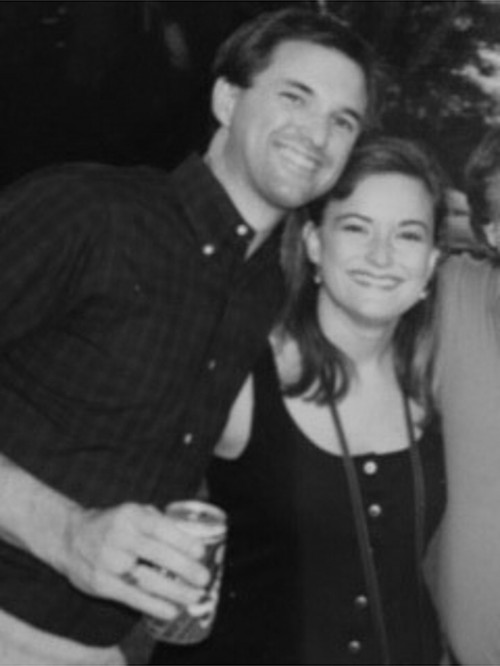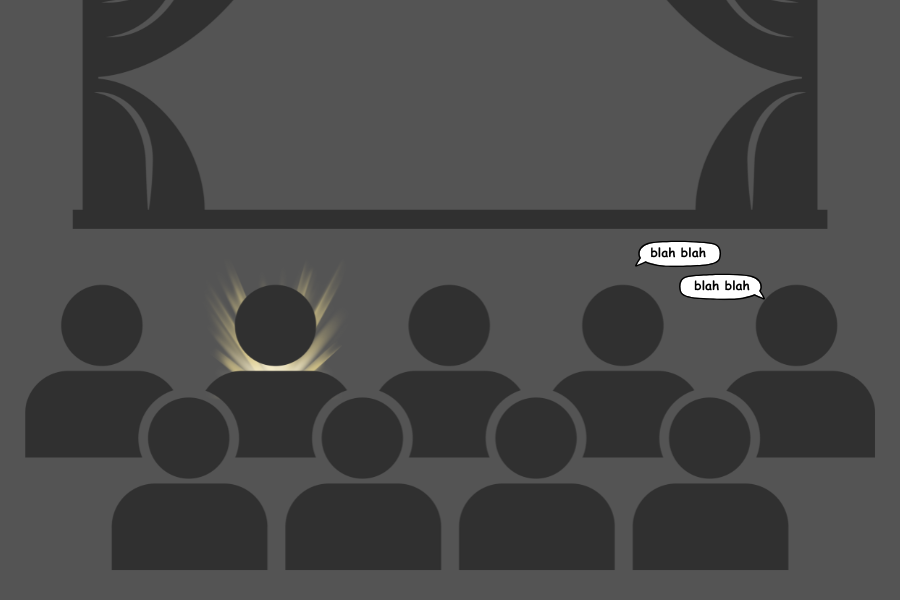Possibly inspired by Elle Woods from the movie Legally Blonde, Harvard administrators on Wednesday announced to that all faculty any sexual or romantic relations with undergrads are prohibited. Not only does this limit students’ and professors’ ability to choose whom they want to be intimate with, but it also constrains their ability to find pure happiness. I can prove this using a personal story — my father was once my mother’s professor in college.

Harvard’s announcement came in part from a review of the Ivy League institution’s Title IX policy on sexual and gender-based harassment, according to CNN. The change amends a former conduct policy stating, “no FAS [Faculty of Arts and Sciences] faculty member shall request or accept sexual favors from, or initiate or engage in a romantic or sexual relationship with, any undergraduate student at Harvard College.” The new policy also says that professors may not have sexual relations with graduate students who are under their academic supervision.
Although it sounds good on paper, this policy interferes with professors’ and students’ independence and ability to choose who they want to be with, and undermines the trust that is put in place for students to learn and grow from a college experience.
This policy also goes against our current legal system, where a person is considered a legal adult at age 18, and can make these choices. It is also unrealistic to expect such a policy could be regulated. How do you keep track of professors having sexual or romantic relations with their students? These matters are usually private, and the college would be invading a person’s privacy if it enforced the new policy.
Although unlikely, it could possibly create a situation that harms a husband and wife. In accordance with the policy, if a professor’s wife were a student, would he be prohibited from having sexual or romantic relations with her, even though they are married? Even though the former policy has been clarified, the new one still raises many issues.
My parents met when my mother was a junior in my father’s religion and philosophy class — I thought it was creepy at first too. My father started dating my mother near the end of that semester in 1985, and soon enough after my mom graduated, they got married. My brother came, and then I — unexpectedly — followed. In August, my parents will be celebrating 25 years of marriage.
In those years of marriage my parents have built a life of joys and hardships, but overall, happiness. Even though my mother still hates on my dad for giving her a ‘B’ in his course, their love and support has given me many opportunities in life that I am grateful for.
Although Harvard’s policy may seem to make sense to many people, it could prevent individuals from finding that special someone in their life. This policy could take away someone’s opportunity to one day have a family similar to the one that I am a part of, one that gave me unconditional love and support to overcome life’s enduring obstacles. Harvard should celebrate individualism and freedom and drop this unregulable policy.









Ian Kea • Apr 1, 2021 at 8:21 pm
Just wanted to point that in the full article it’s suppose to point out my support for bans on professor relationships when a student is in their class for that semester or they are the academic advisor. My Dad did not ask out my mom until after my Mother had completed the semester.
Jana Kea • Dec 8, 2017 at 8:31 pm
I am in total agreement on your opinion. However, it is a risk and a gamble for anyone in academics, 30 years later I can say we made a mutual good agreement!